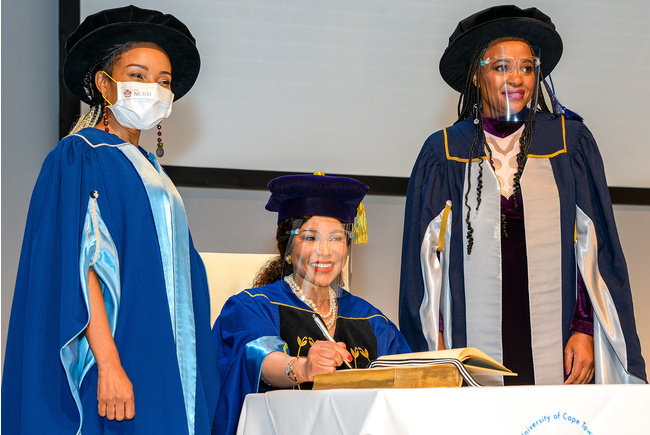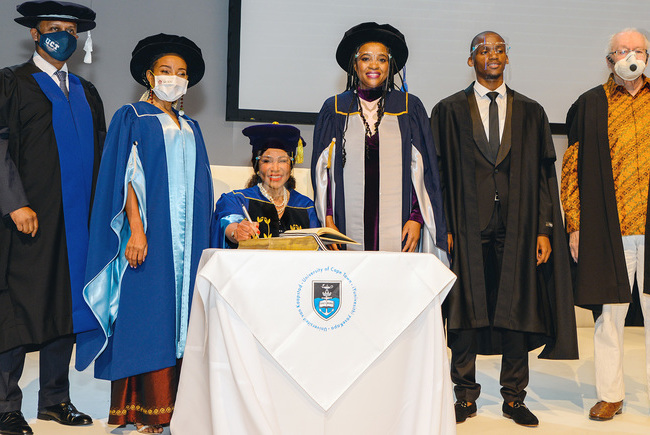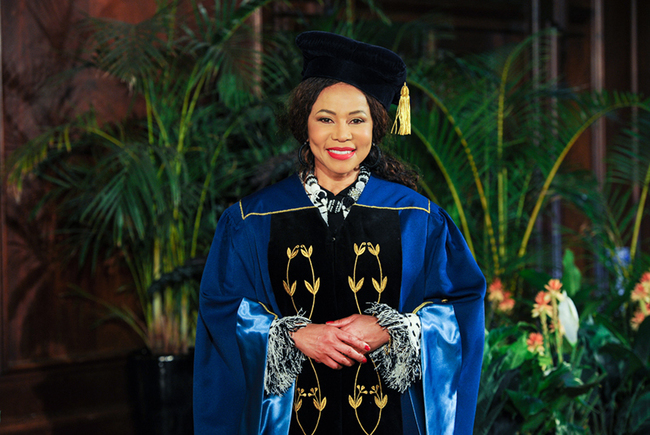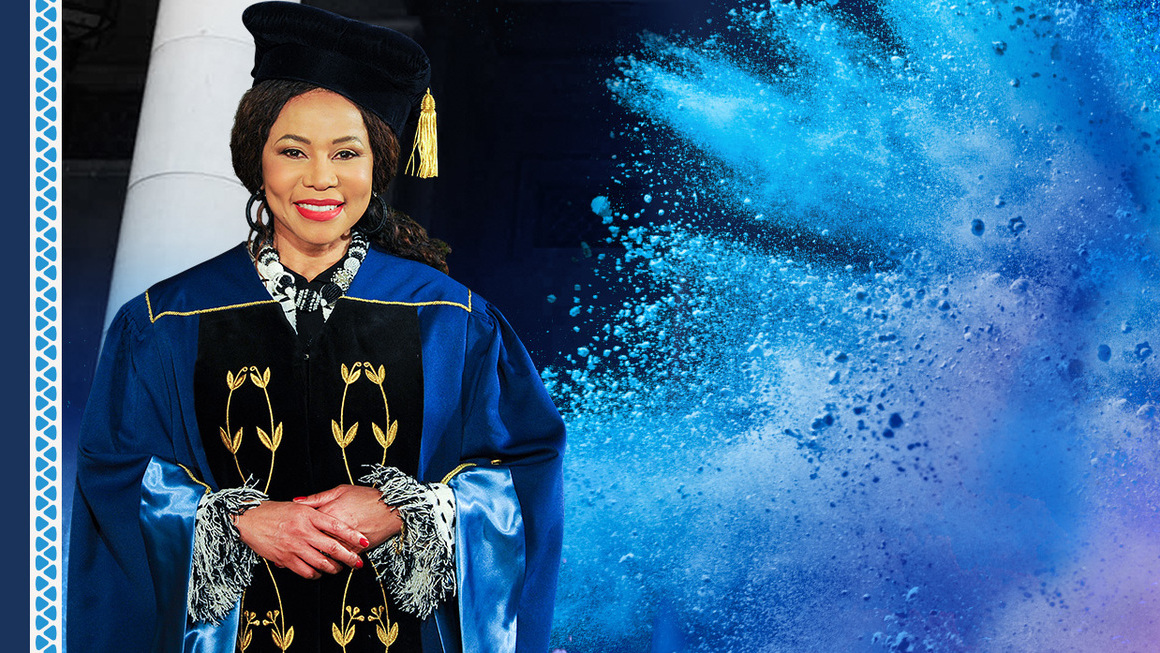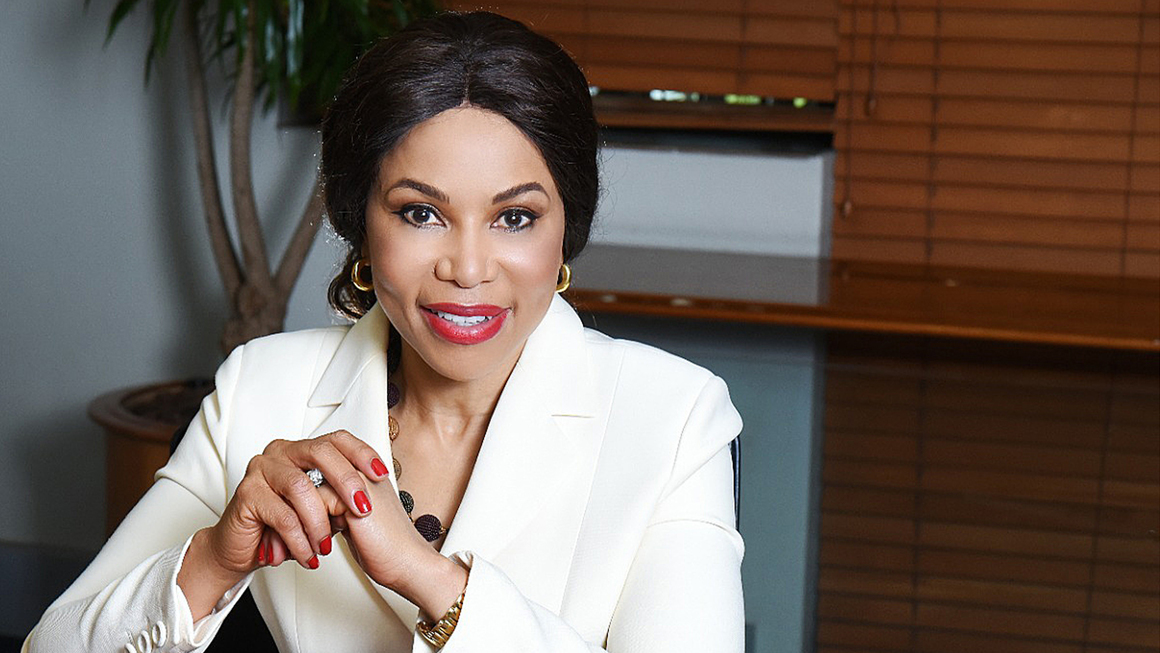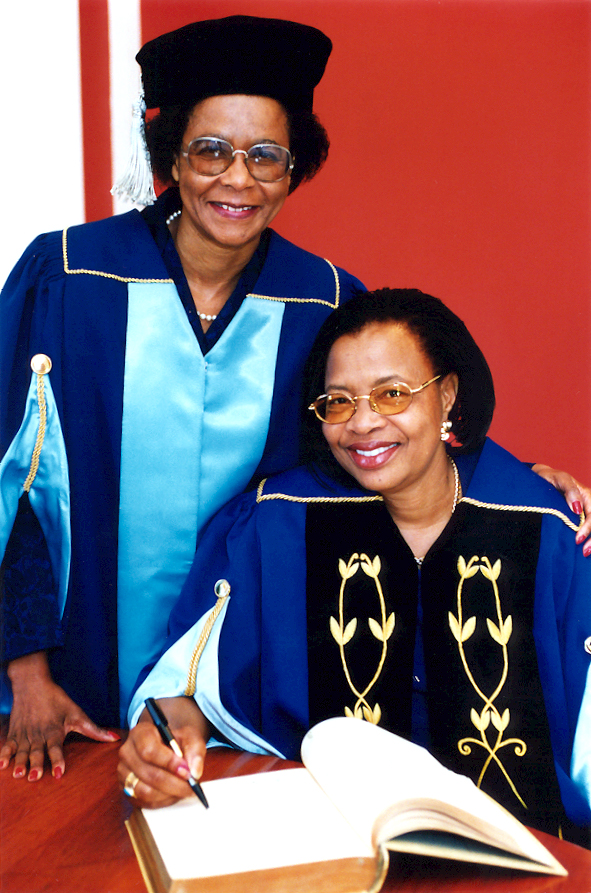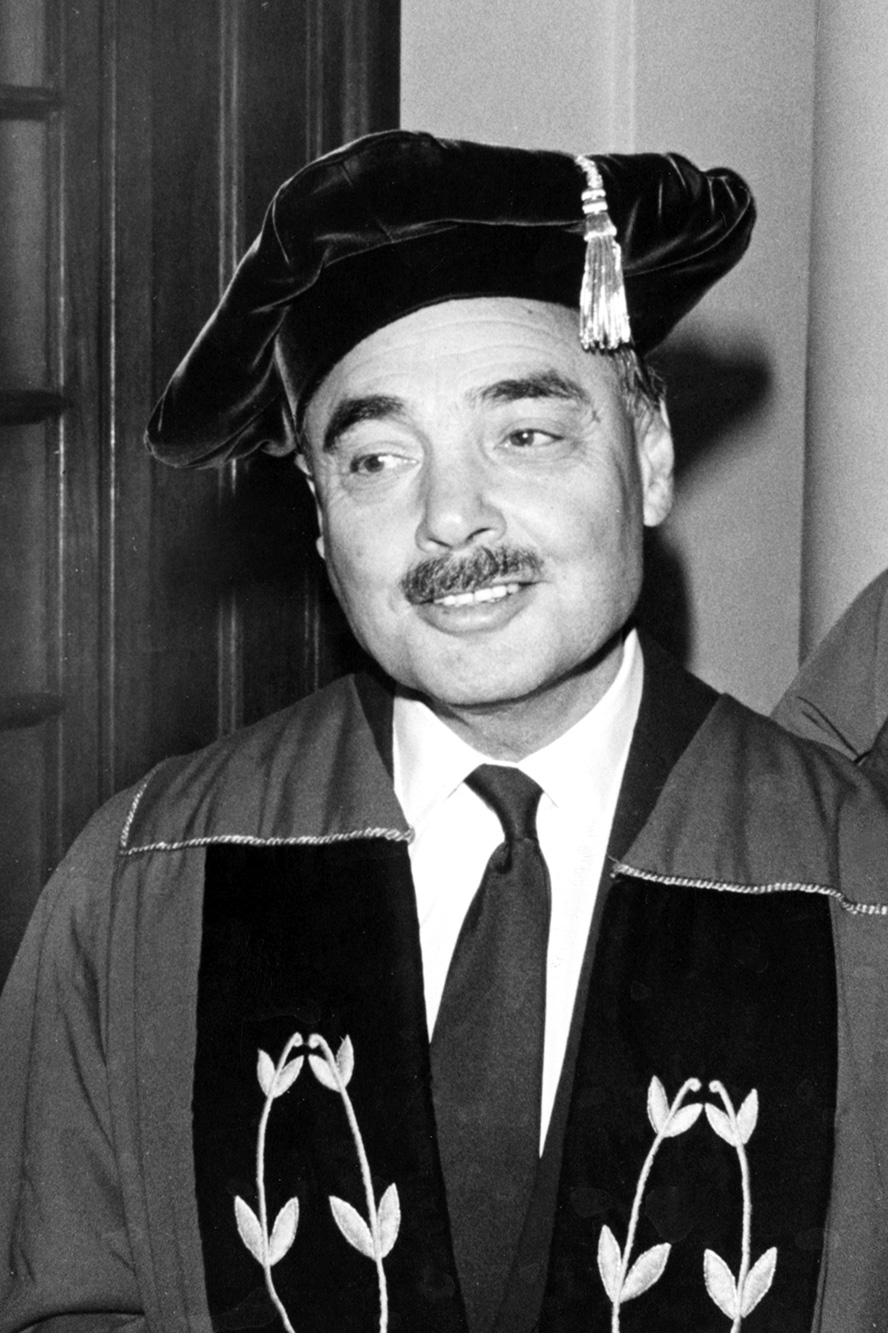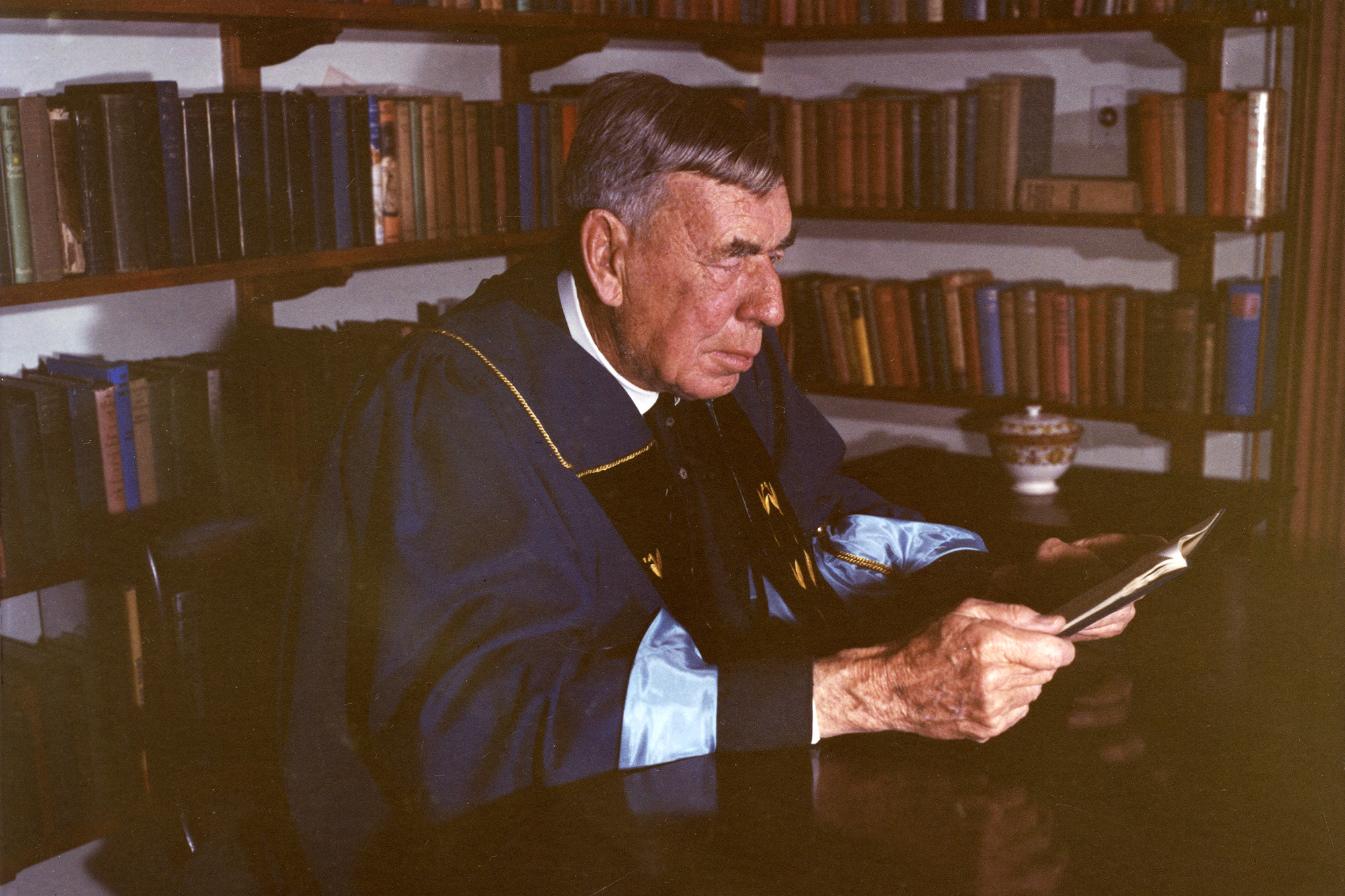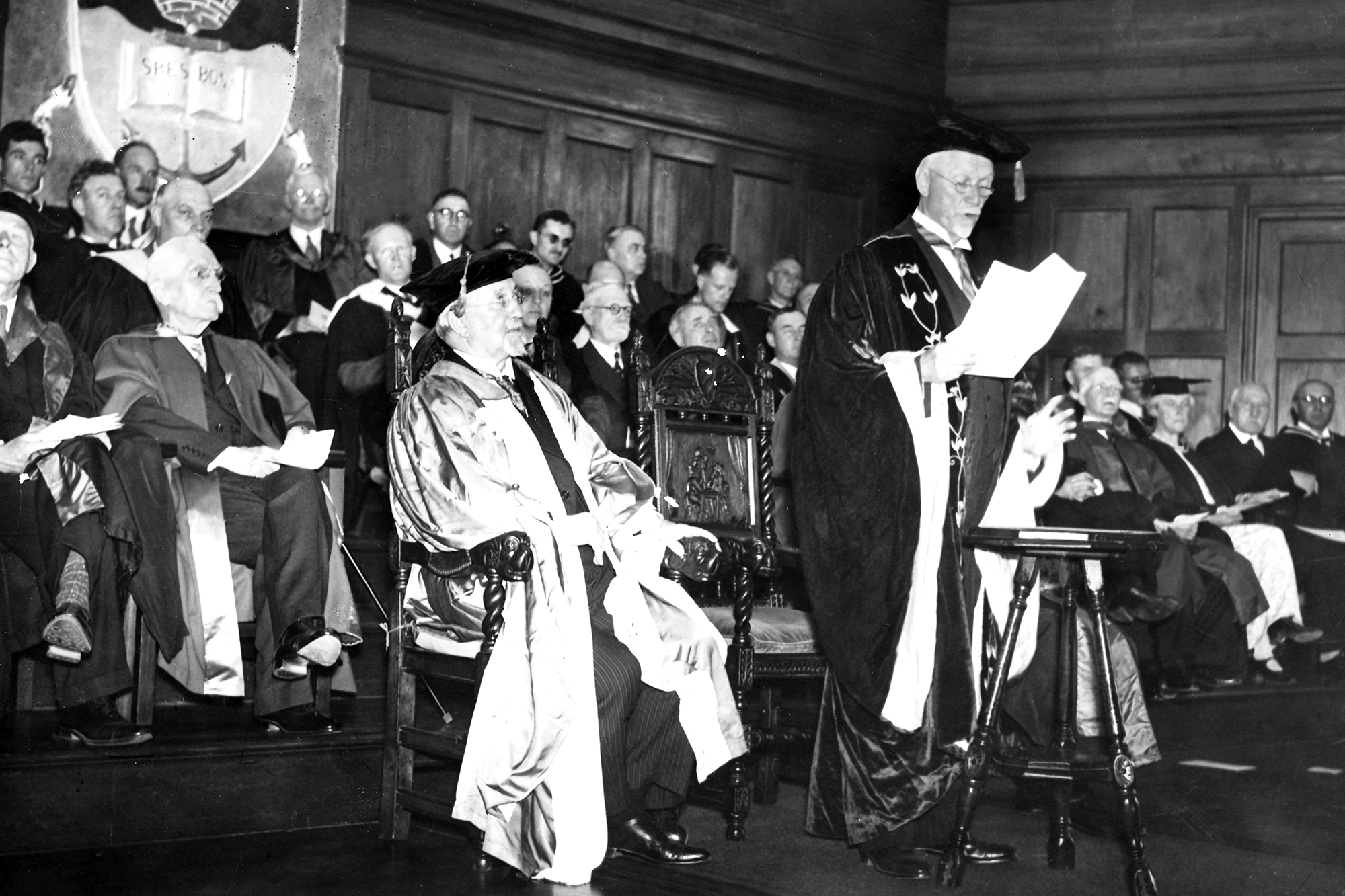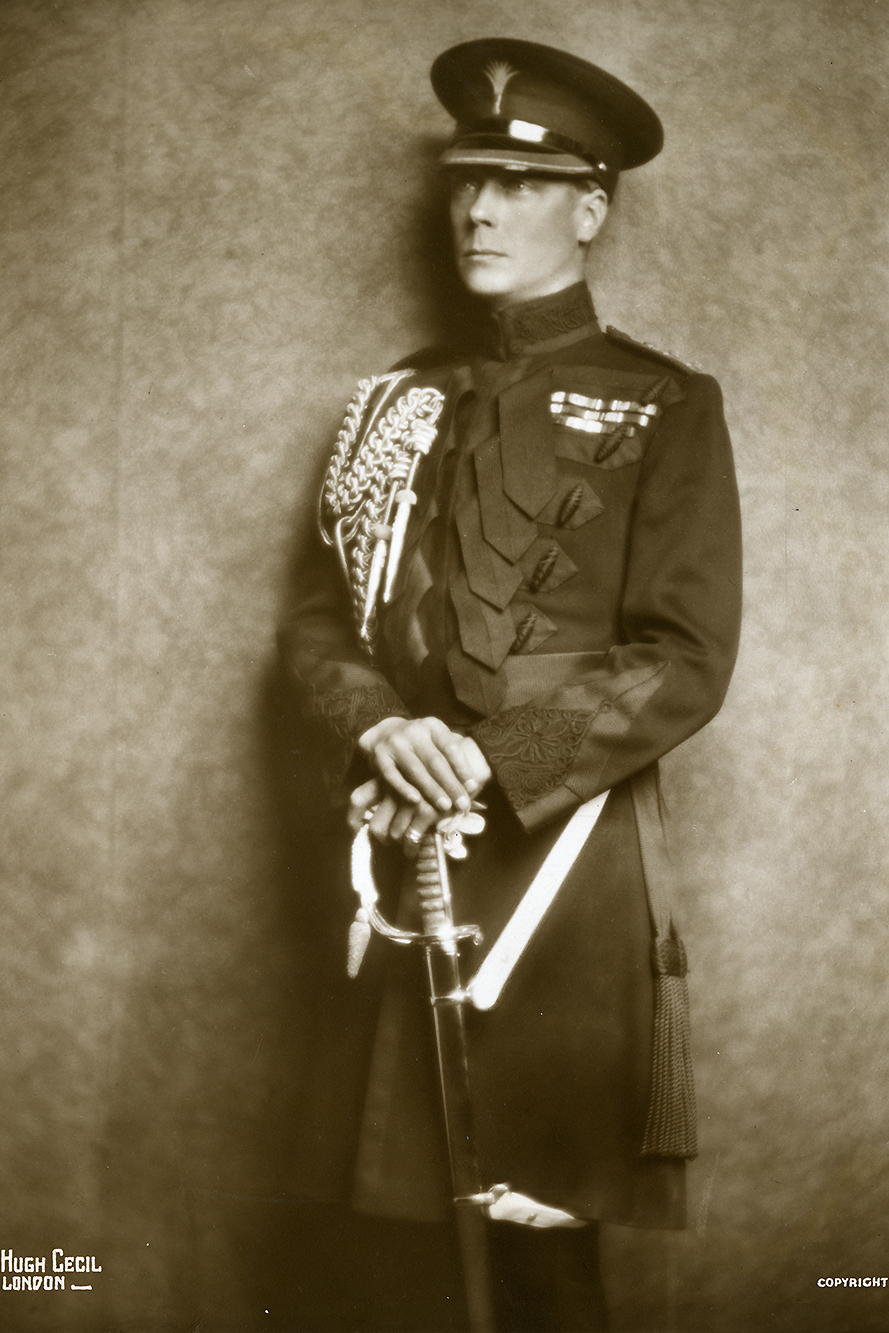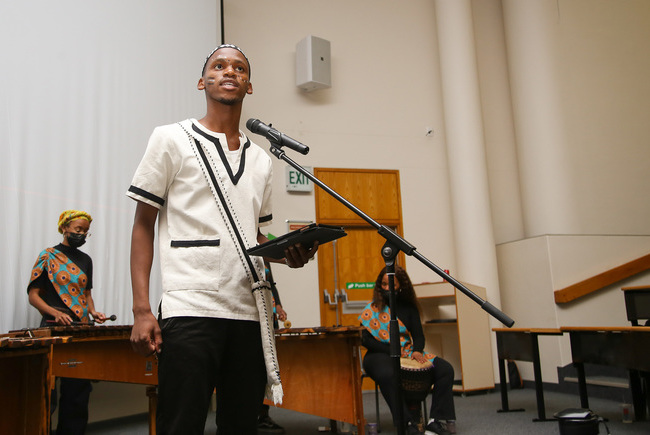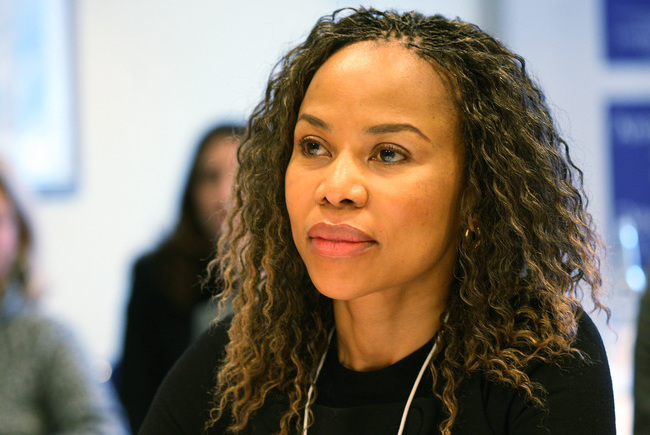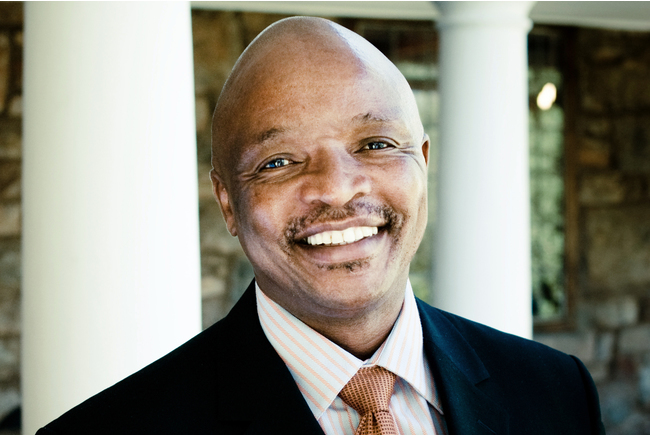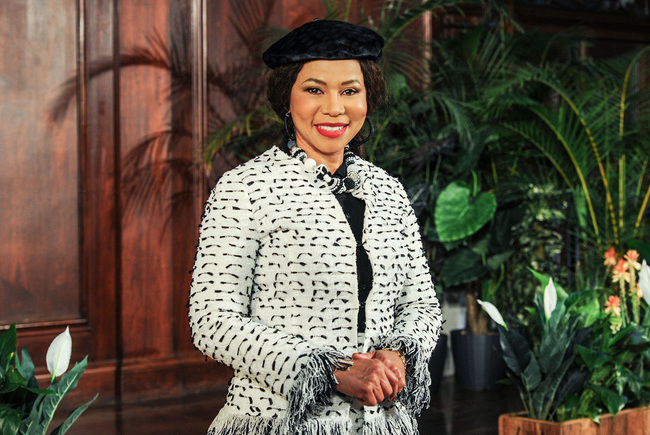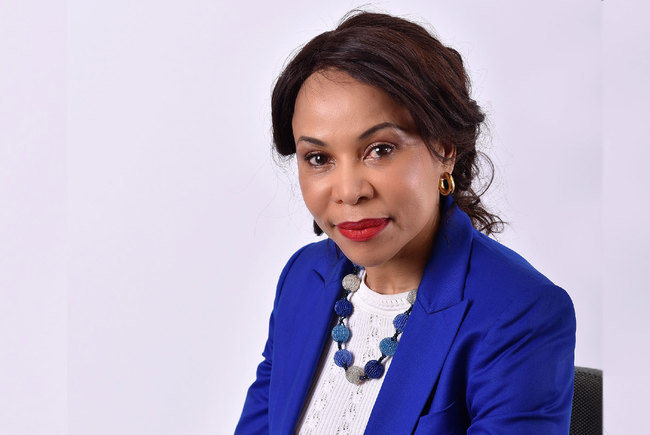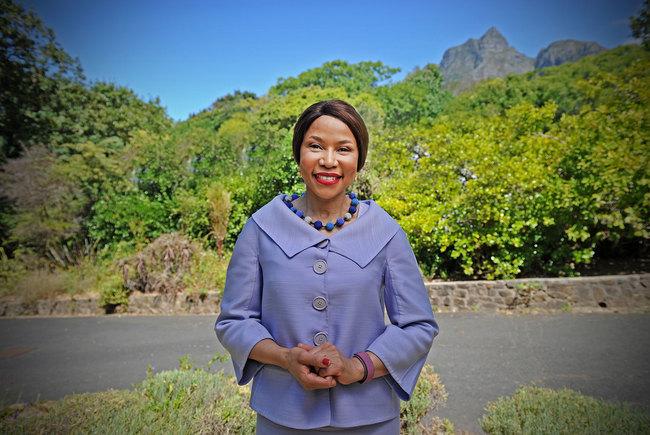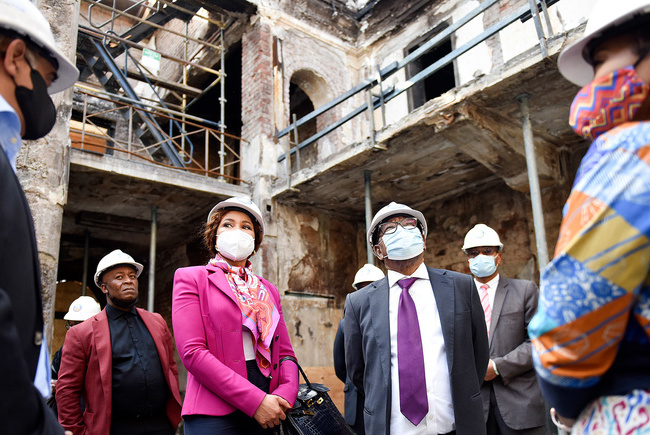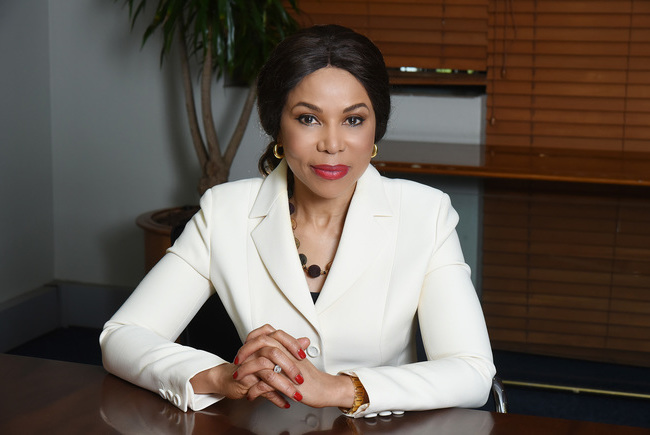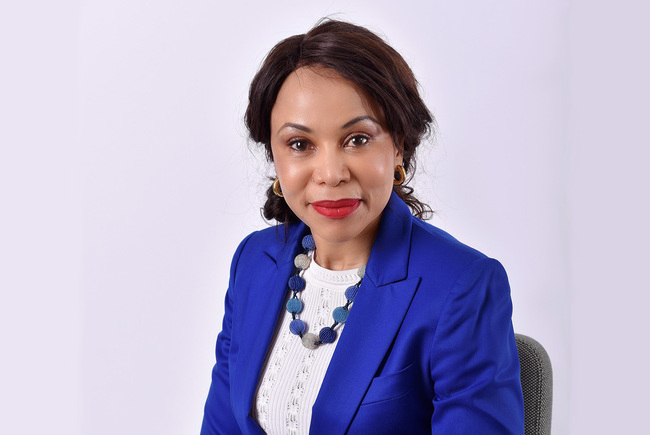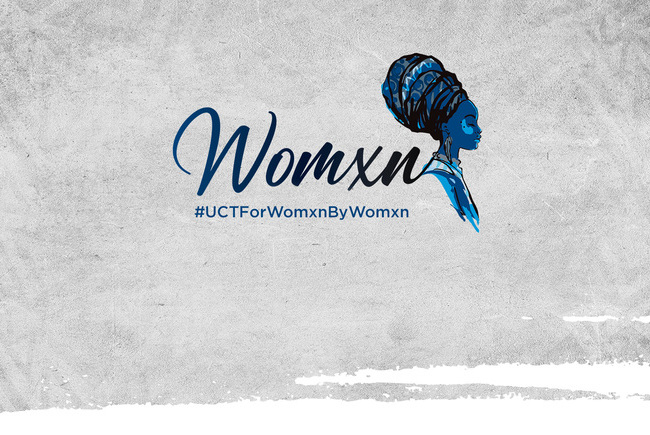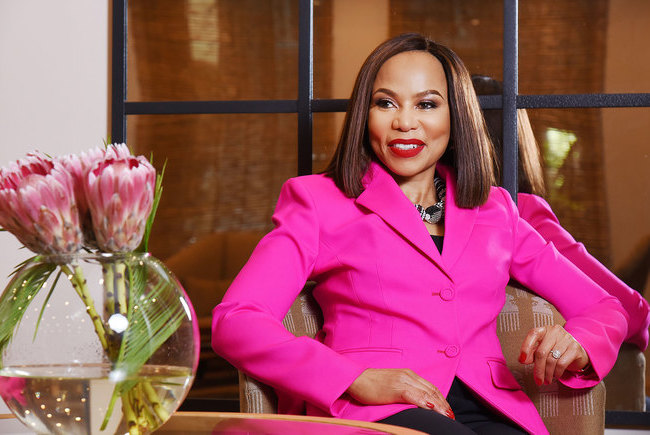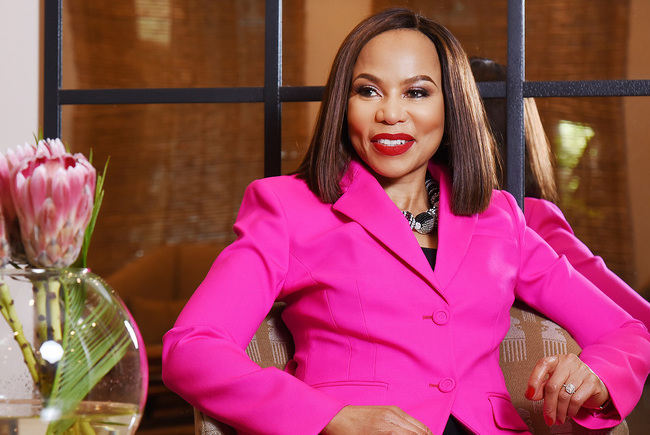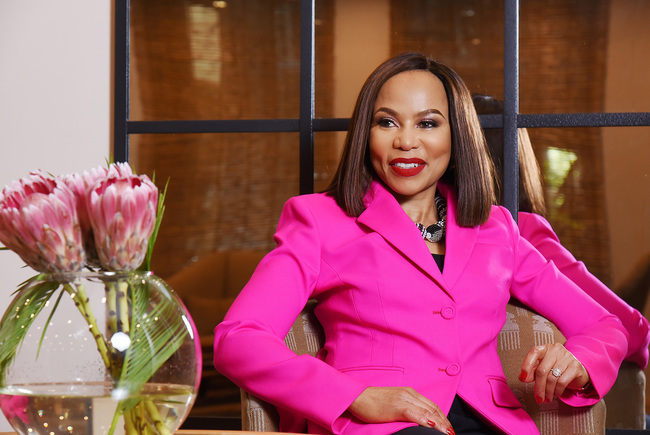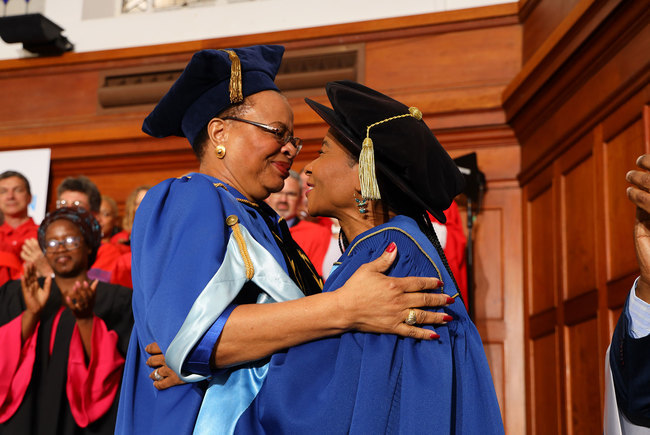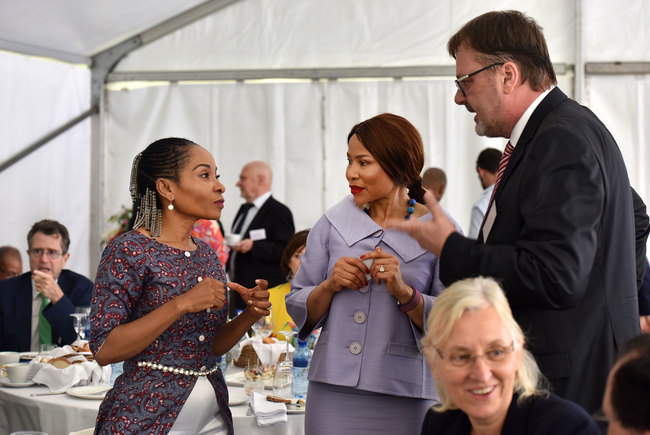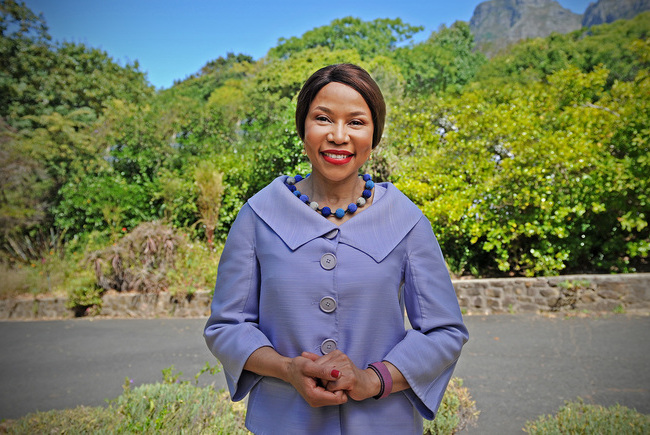Welcome from the Chancellor
12 November 2021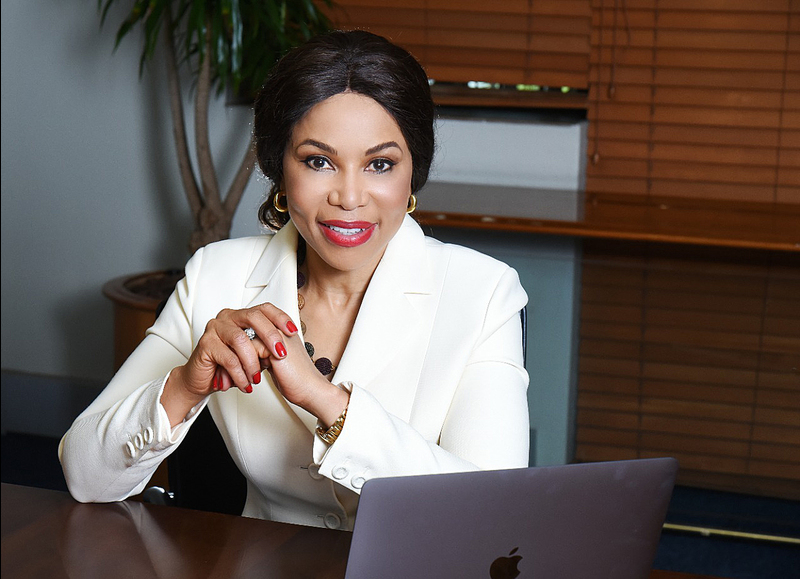
As I took up the reins as Chancellor of the University of Cape Town (UCT) last year, I was inspired by the example the institution set during the pandemic and lockdown crisis. I saw the resolve of Vice-Chancellor Professor Mamokgethi Phakeng and her colleagues to continue to care for their students and each other while lockdown forced everyone to remain at home. I saw the students’ resolve to continue their degree programmes, even under conditions of hardship. This resolve led me to motivate the Motsepe Foundation to donate R5 million to help UCT manage its multifaceted response to COVID-19.
In the face of the many difficulties raised by the pandemic, UCT not only completed the academic year, it also continued its significant work in helping to transform South African society. For instance, it made important strides in the fight against sexual and gender-based violence (SGBV).
In June, UCT became the 10th University Champion in HeForShe: a United Nations campaign to mobilise 1 billion men to become change agents who can help the world achieve gender equality. Masculinity programmes at UCT aim to empower young men to change public attitudes about rape culture, patriarchy and masculinity. They are an important component of addressing and changing SGBV culture.
Other steps UCT has taken to fight SGBV include a collaborative agreement with Rape Crisis to enhance both the skills and capacity of UCT’s survivor support service. Students and staff members can receive counselling, trauma support and containment, attend workshops to raise awareness about the various forms of rape culture and gender-based violence; and draw on dedicated survivor support, such as a specialised tribunal to oversee cases related to SGBV, including the provision of legal support. UCT is also committed to achieving gender parity across the institutional workplace through its employment equity policies.
To commemorate the life of our UCT student whose rape and murder shocked us all in 2019, the Uyinene Mrwetyana Foundation co-hosted a webinar on 24 August 2020, in collaboration with the Psychological Society of South Africa and the University of South Africa’s Masculinity and Health Research Unit. Professor Floretta Boonzaier, from UCT's Department of Psychology, joined leading psychologists in discussing the causes and effects of violence against women – tragically, a crime that increased during lockdown.
To address historic gender and race inequalities, Vice-Chancellor Phakeng launched and self-funded a new scholarship and a prize for black South African women studying science, technology engineering and maths (STEM) subjects at postgraduate level at UCT. I know from my own experience as a medical student that raising the profile of women role models in STEM will encourage and motivate girls to follow in their footsteps.
One of the tragedies of 2020 is the evidence that women around the world are losing ground in the centuries-old fight for security from SGBV, equality in society and inclusivity in the workplace. This is also a tragedy for men, because we all lose when only half of humanity is able to contribute to our growth. UCT’s work in gender equality is helping to make the professional and academic world more diverse and inclusive, to everyone’s benefit.
Dr Precious Moloi-Motsepe
Chancellor (since 1 January 2020)
 This work is licensed under a Creative Commons Attribution-NoDerivatives 4.0 International License.
This work is licensed under a Creative Commons Attribution-NoDerivatives 4.0 International License.
Please view the republishing articles page for more information.
Chancellor’s Installation and Inaugural Address
On Friday, 10 December 2021, the University of Cape Town installed its sixth Chancellor, Dr Precious Moloi-Motsepe.
The Chair of Council of the University of Cape Town
Ms Babalwa Ngonyama
has the pleasure of inviting you to watch the installation and inaugural address of UCT’s Chancellor
Dr Precious Moloi-Motsepe.
This event took place from 11:00 on Friday, 10 December 2021.
“The chancellor is the titular head of the university and presides at graduation ceremonies, confers degrees, and awards diplomas and certificates in the name of the university. The role of chancellor requires an individual of stature with exceptional personal qualities and integrity.”
– Chair of UCT Council
Previous UCT Chancellors
Today we are installing Dr Precious Moloi-Motsepe as the sixth Chancellor of the University of Cape Town. We honour our previous Chancellors in this historical photo gallery:
Ceremony order of proceedings
The items collected together in this section of the feature page will help you to easily follow the order of proceedings during the ceremony.

It is tradition for a dedication to be read at the installation of a new Chancellor at UCT.
10 Dec 2021 - 1 min readDuly elected
On 30 August 2019, Sipho M Pityana, then Chair of Council at UCT, was proud to announce that Dr Precious Moloi-Motsepe had been duly elected as the new chancellor of the university, a position that she would take up from 1 January 2020. The new chancellor was elected by an electoral college consisting of holders of UCT qualifications, academic and PASS (professional, administrative support and service) staff, and students.
The chancellor is elected for a 10-year term and Dr Precious Moloi-Motsepe’s term started on 1 January 2020. She has embraced the role, even as the COVID-19 pandemic emerged in early 2020 and gained momentum in the months that followed.
“As I took up the reins as Chancellor of the University of Cape Town (UCT) last year, I was inspired by the example the institution set during the pandemic and lockdown crisis. I saw the resolve of Vice-Chancellor Professor Mamokgethi Phakeng and her colleagues to continue to care for their students and each other while lockdown forced everyone to remain at home. I saw the students’ resolve to continue their degree programmes, even under conditions of hardship.”
– Dr Precious Moloi-Motsepe, UCT Chancellor
from her welcome message in UCT’s Year in Review 2020 publication
In the news








